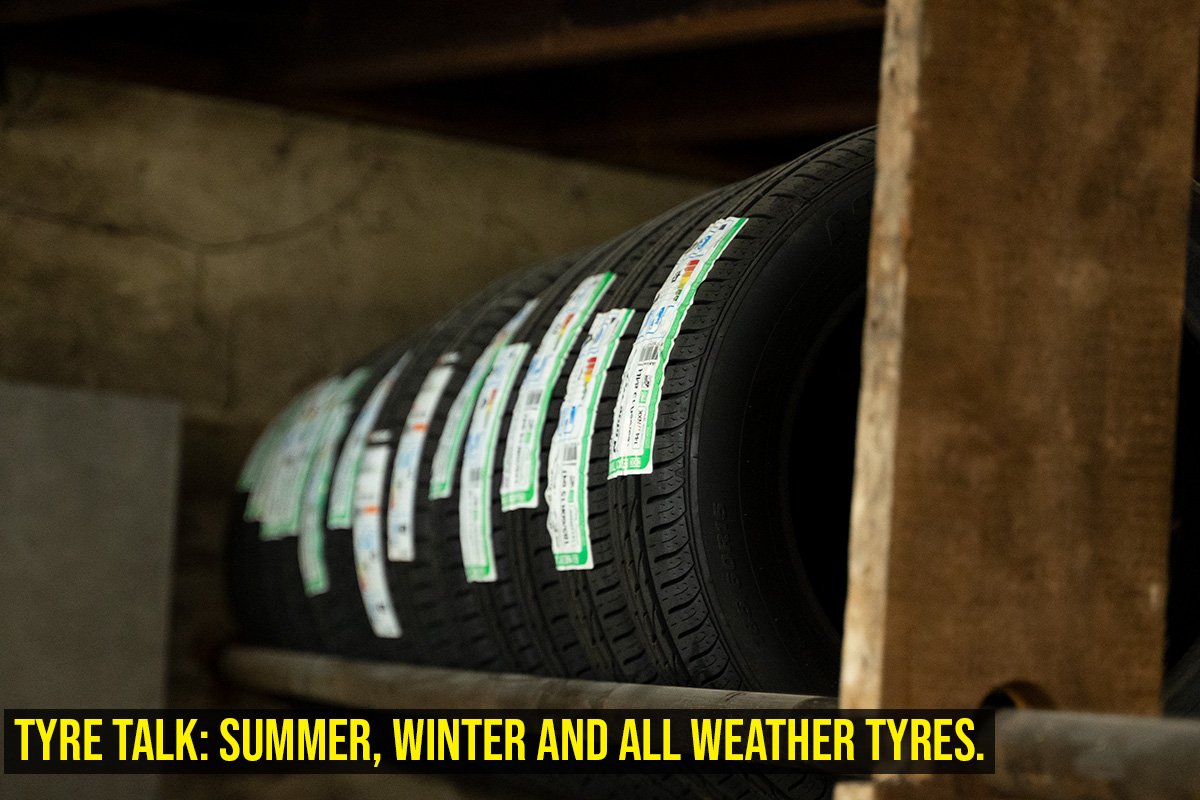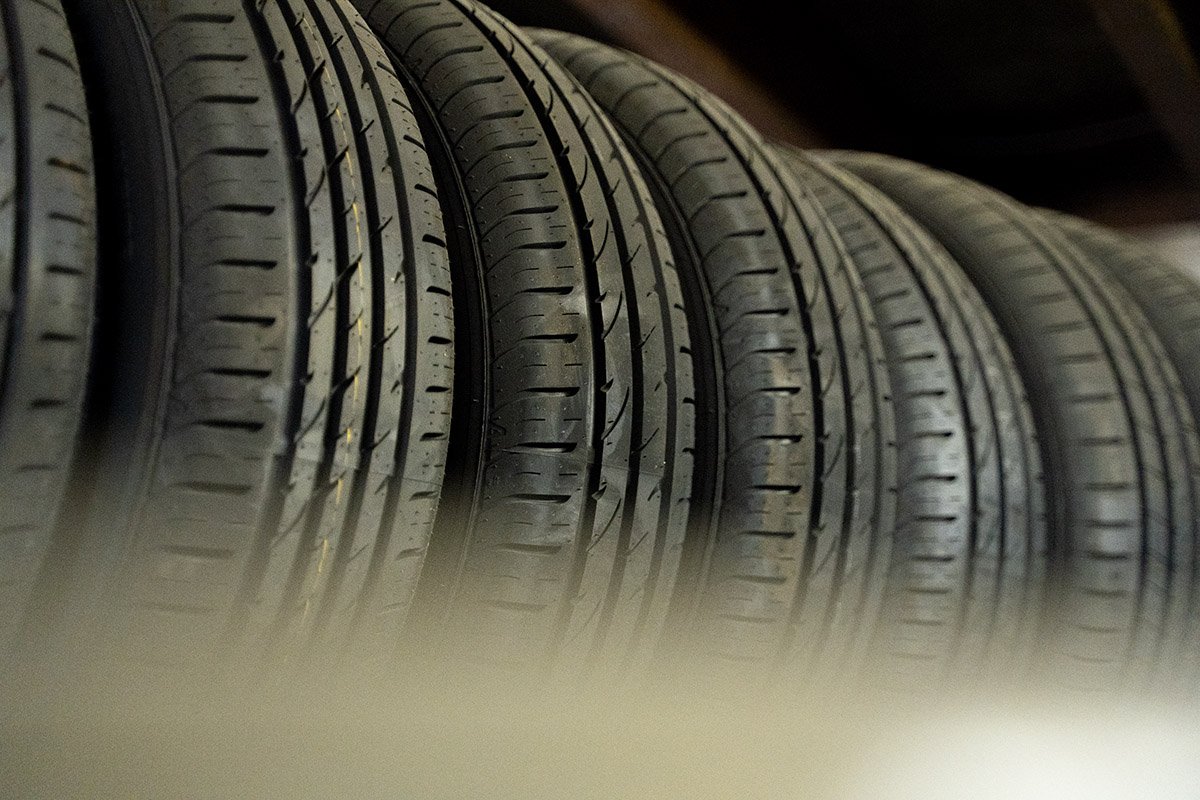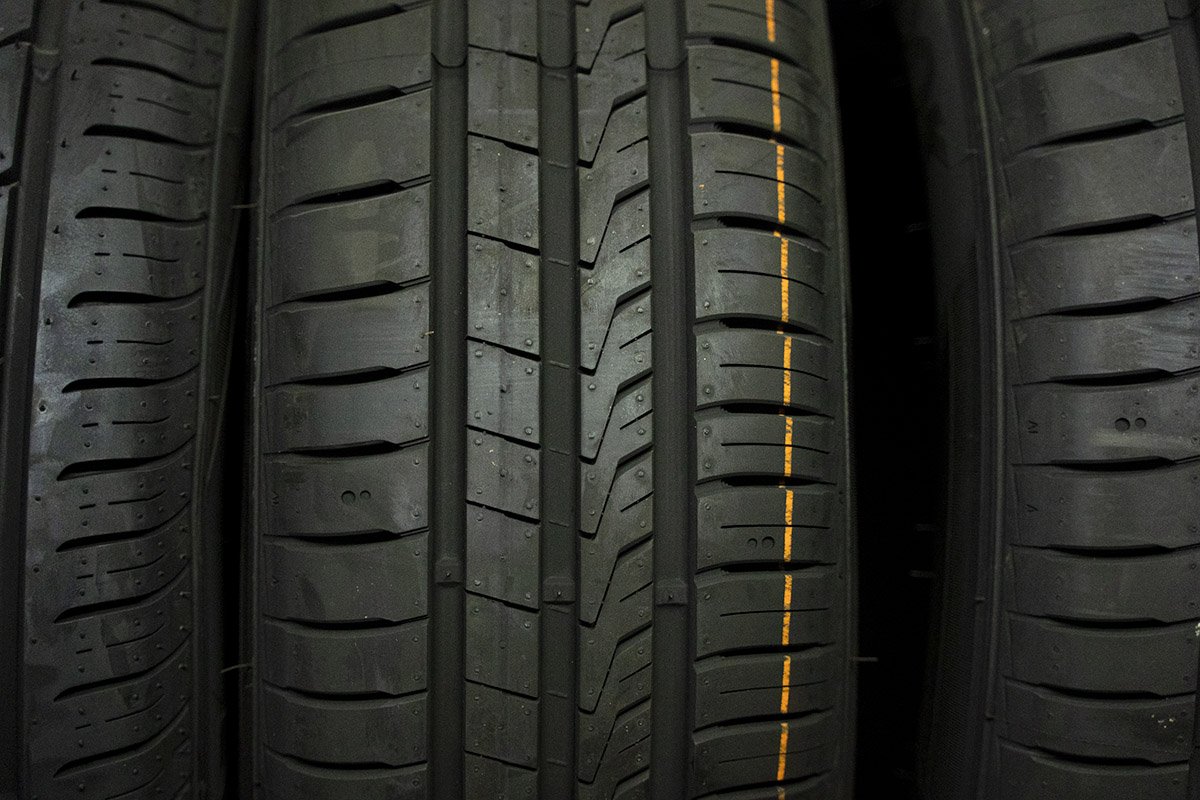
Seasonal tyres can be a confusing subject, luckily we're here to help.
Tyres are something we're familiar with here at E&J Jarvis. We spend a good deal of our time fitting, repairing and replacing all kinds of rubber on everything from tiny city cars to big SUVs. One thing we're asked quite often is what's the difference between summer tyres and winter tyres and when is the right time to change over, if at all.
Today we're going to cover exactly that topic and leave you with a bit more knowledge going into your next tyre change.
The hot option: Summer tyres
Lets start with the summer tyre. The summer tyre is the best choice once the weather warms up and offers maximum grip levels for both dry and wet driving on the road in warmer conditions. They often use a compound that is designed to perform best at over 7 degrees and will be able to handle curves in the road with much greater stability than softer winter tyres. Summer tyres are often more sporty in appearance and in the right conditions bring out the very best in any vehicle handling wise.
The trade off of course is that once the temperature drops below 7 degrees the summer tyre sees a rapid decline in effectiveness. At first you'll likely notice reduced grip levels and more difficult vehicle control with braking distances starting to rise too. As the temperature drops towards freezing and snow comes into play many people begin to feel that their cars are almost undriveable, and to an extent they are correct - Summer tyres and snow do not mix well. What you need here is a good winter tyre.
The cold option: Winter tyres
The winter tyre is much more capable below 7 degrees than the summer tyre and offers benefits such as increased grip and better manoeuvrability in the colder weather. The first thing you'll notice about a winter tyre is the tread pattern. The tread pattern of a winter tyre is much more prominent than its summer counterpart and is designed to aid with grip levels in harsh conditions like snow and ice. The tread usually covers a much wider area than the tread of the summer tyre.
Something that you can't immediately see is that the compounds used are actually completely different with the winter tyre using a compound that wont freeze in sub zero temperatures. This compound is able to stay soft and retain flexibility even when the world around it freezes up. Their summer counterparts at this point become far too rigid and inefficient.
Of course, nothing is perfect and in the warmer temperatures the winter tyre begins to show its limitations. above 7 degrees you will notice much more rapid wear and a loss of performance will soon follow.
The compromise: All season tyres
Should we all scramble then to change our tyres every time to temperature switches to above or below 7 degrees? no. For most people the regular changing of tyres isn't practical or cost effective and as such an alternative option is available. The all weather tyre. This tyre is designed to work adequately in both the warmer and colder conditions and is well suited to the roads of Britain, especially down south where snow is a rarity.
There will however be a drop off at the extreme end of the temperature range. Summer tyres will always be better in perfect conditions than an all weather and equally the winter tyres will have the edge in heavy snow but for general day to day use, all weather is an excellent choice.
What should i use?
So, what tyre should you use? that depends on the type of driving you do and where you live.
All weather tyres: If you use your vehicle mainly for commuting in various conditions throughout the year and live in a fairly urban area (think the city, estates, main roads) then an all year tyre is really all you need. They are designed to perform best in short, city based driving situations where heavy snow is unlikely and roads are well prepared.
seasonal tyres: If the weather is a big factor in your driving then seasonal is the way to go. Maybe you live in a rural area and are expecting to drive in heavy snowfall or perhaps you only take your pride and joy out on the finest summer days. Either way, seasonal tyres are purpose built and will offer much better performance at the extreme end of either side of the temperature scale.
If you still need assistance in choosing the right seasonal tyres, our team can help on 02380 229 297 when you book your next tyre change.







 Spidersnet
Spidersnet